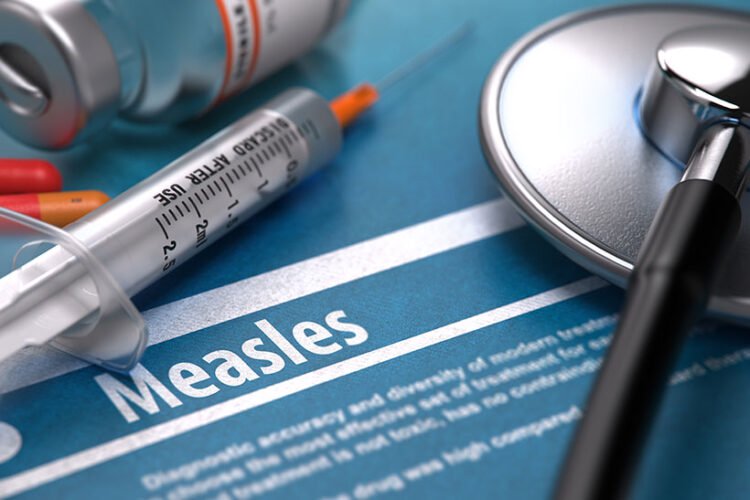Calories play a vital role in our daily lives, as they provide the energy our bodies need to function properly. Whether you’re looking to maintain your current weight, shed a few pounds, or build muscle, understanding how many calories you should eat in a day is essential. While the answer may vary depending on various factors, this article will provide you with a comprehensive overview of determining your caloric intake.
Factors to Consider
To determine the number of calories you should eat a day, several factors must be considered, including age, sex, weight, height, activity level, and goals. The most common approach is to calculate your basal metabolic rate (BMR), which represents the number of calories your body needs at rest.
Calculating Basal Metabolic Rate (BMR)
The Harris-Benedict equation is widely used to estimate BMR. This calculation provides an estimate of the calories required to maintain your current weight without considering any physical activity.
- For men, the equation is: 66 + (6.23 x weight in pounds) + (12.7 x height in inches) – (6.8 x age in years).
- For women, the equation is: 655 + (4.35 x weight in pounds) + (4.7 x height in niches) – (4.7 x age in years).
Adjusting For Activity Level
Once you have determined your BMR, you need to factor in your activity level. Sedentary individuals, who engage in minimal physical activity, should multiply their BMR by 1.2. If you are lightly active (1-3 days per week), multiply by 1.375. Moderately active individuals (exercise 3-5 days per week) should multiply by 1.55, while highly active individuals (exercise 6-7 days per week) should multiply by 1.725. Finally, if you have an extremely active lifestyle or engage in heavy physical labor, multiply by 1.9.
Example Calculation
Let’s consider an example: Sarah is a 30-year-old woman who weighs 150 pounds, stands at 5 feet 6 inches tall, and exercises moderately three times a week. To calculate her daily caloric needs, she would use the Harris-Benedict equation for women: 655 + (4.35 x 150) + (4.7 X 66) – (4.7 x 30) = 1,492 calories (BMR). Sarah would then multiply her BMR by 1.55, resulting in approximately 2,313 calories per day.
Adjusting Caloric Intake for Weight Loss or Weight Gain
Keep in mind that these calculations provide a starting point, and it’s crucial to listen to your body’s signals and adjust accordingly. If you’re trying to lose weight, a general rule of thumb is to create a calorie deficit by consuming fewer calories than your body needs. A reduction of 500-1000 calories per day can lead to a healthy and sustainable weight loss of 1-2 pounds per week.
On the other hand, if you’re aiming to gain weight or build muscle, you’ll need to consume a surplus of calories. Increasing your daily intake by 250-500 calories per day can support gradual and lean muscle growth.
Importance of a Well-Balanced Diet
While understanding your calorie needs is important, it’s equally vital to prioritize the quality of the calories you consume. Opt for a well-balanced diet that includes a variety of whole foods such as fruits, vegetables, lean proteins, whole grains, and healthy fats. These foods not only provide essential nutrients but also contribute to overall health and well-being.
Seeking Professional Guidance
Remember, it’s always advisable to consult with a healthcare professional or registered dietitian to assess your individual needs, especially if you have a specific health condition or dietary restriction.
Conclusion
Determining how many calories you should eat in a day depends on several factor, including your age, sex, weight, height, activity level, and goals. Calculating your BMR and adjusting it based on your activity level can provide a rough estimate of your daily caloric needs. However, it is important to listen to your body, make healthy food choices, and consult with a professional for personalized guidance.
American Online Benefits Group offers health plans that include visits with a healthcare professional to learn your specific needs. Contact our Member Services team today for more information at 214-389-9072.




